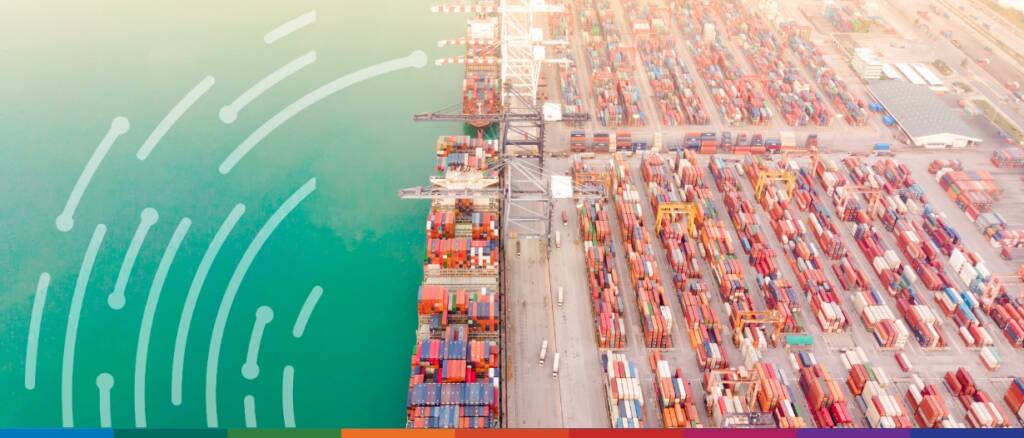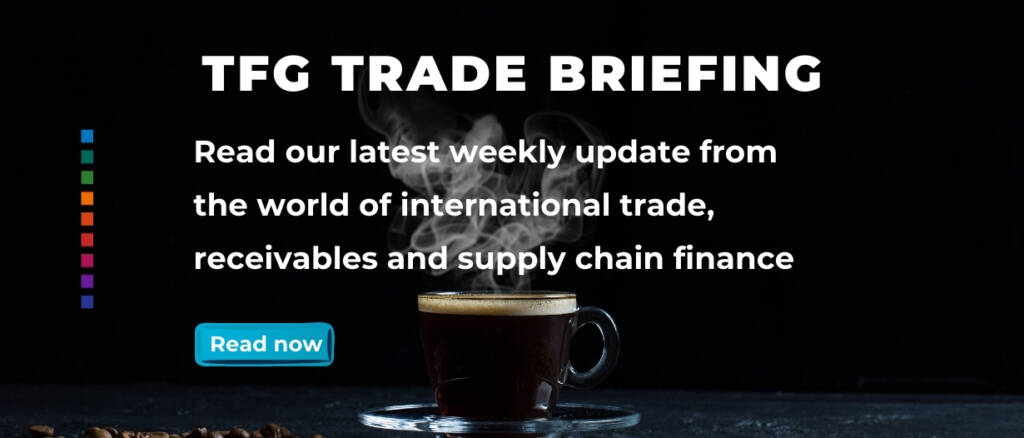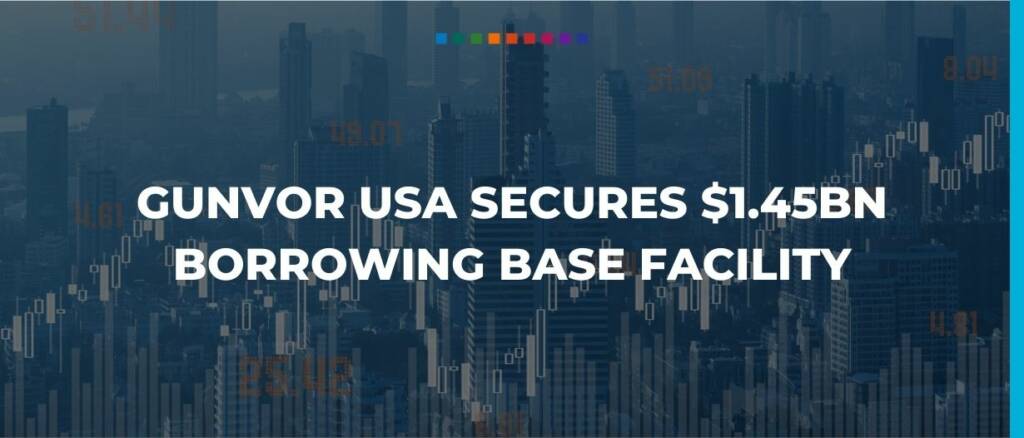The Asian Development Bank (ADB) launched a just transition support platform on November 14. The initiative is part of ADB’s commitment to ensuring that the benefits of the shift to… read more →
Given the complexity of maritime transport, Annie Kovacevic sat down with Grant Hunter, director of standards, innovation, and research at BIMCO, to learn more about hot topics in the industry.
Between Brexit, COVID-19, and supply chain disruptions, foreign markets do not look the most inviting for UK businesses.
International markets provide an ocean of opportunity for businesses––broad horizons with no end in sight. But navigating an ocean with nothing but a tiny canoe and a can-do attitude will… read more →
In a bid to diversify energy sources and become more eco-friendly, Germany has enacted a grand push toward natural gas.
Your Monday coffee briefing from TFG – Commerzbank on standardisation: the key to sustainable trade finance
$1.4 trillion dollars. Enough money to make anyone pause. That’s the current worth of the global pharmaceutical industry. The COVID-19 pandemic had far-reaching negative ramifications, but it was also a time of notable growth for the pharmaceutical sector.
Accenture released a report on findings from an online survey conducted to determine challenges banks are facing, both in retaining trade finance partners, as well as thwarting competition from fintechs.
Trade Finance Global (TFG) spoke to president and CEO of BAFT at Sibos 2022 about the role that banking organisations can play in developing environment, social, governance (ESG) and sustainability best practices within global trade.
Gunvor USA LLC, a subsidiary of Gunvor Group Ltd, has successfully closed the syndication of its $1.45 billion uncommitted borrowing base credit facility. The facility includes a $1.16 billion one-year… read more →























